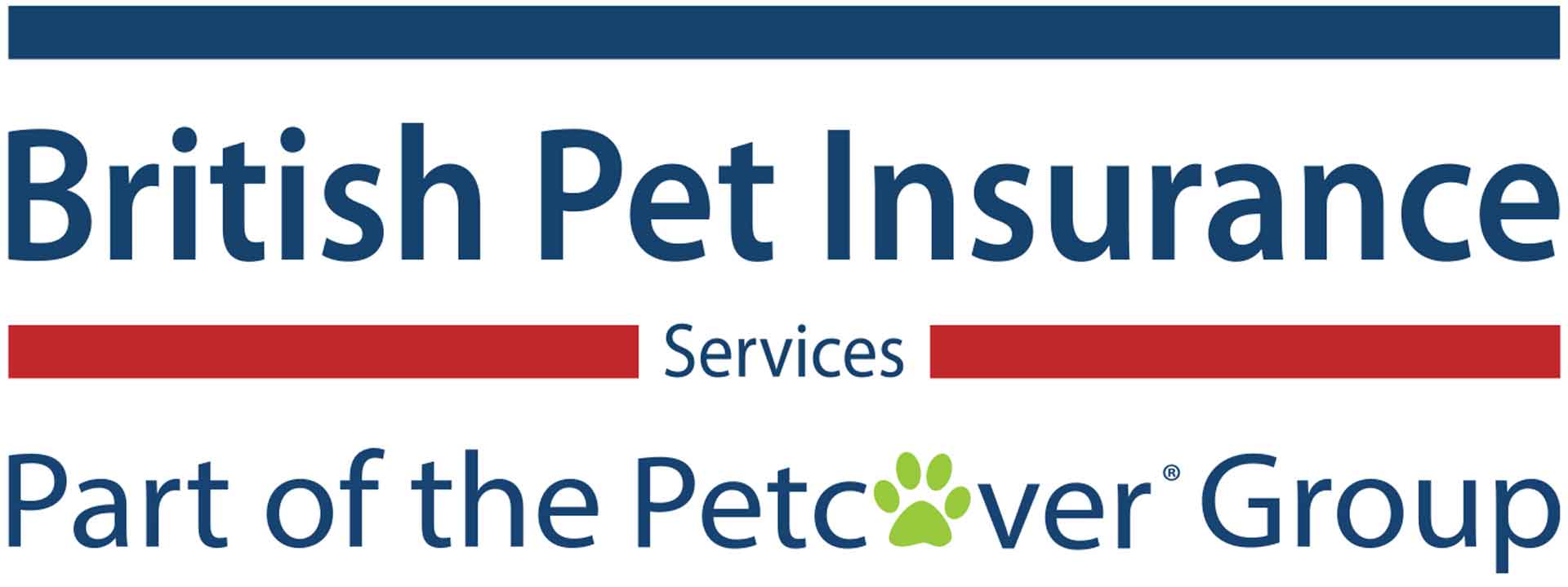What’s The Difference Between A Pedigree, Crossbreed And Mixed Breed Dog?
Published: 21 October 2021
What’s The Difference Between A Pedigree, Crossbreed And Mixed Breed Dog?
With over 24% of the UK population owning a dog according to the PDSA, it’s fair to say we love our four-legged friends. Although most dog owners cite happiness, affection, and companionship as the primary reasons for getting a dog, with their average life span being over 12 years, it’s important a lot of thought and long-term planning is done before you open your home.
One of the most important things any new dog owner needs to consider is what breed (or crossbreed) would be best suited to your lifestyle. Before you can narrow down a preferred breed, it’s important you understand some of the terminologies first.
What’s the difference between a pedigree dog and a pure breed?
A pedigree dog has two identified parents registered with a recognised club or society. The most popular club for this in the UK is the Kennel Club so if your puppy has two parents registered with the Kennel Club, it’s a pedigree.
If a puppy comes from two dogs that are the same breed but either one or both aren’t registered with any club or society, they’re classed as a pure breed.
Without having physical proof of a puppy’s parentage, it’s hard to know if they’re a pedigree or pure breed.
Does my dog have to be registered with the Kennel Club?
Registration with the Kennel Club or any other dog society or organisation is not compulsory. If your dog has nothing more to worry about than being a beloved family pet, you don’t need to register them with anything other than a good vet and a microchip.
If you’re planning on showing or breeding your dog, it can be advantageous to register them with a suitable society. It’s very important to remember that if you’re buying a puppy, claiming any kind of registration or membership to society won’t automatically guarantee the health and wellbeing of the puppy.
What’s the difference between a mixed breed and a cross breed?
A crossbreed dog will have parents who are each pure breed or pedigree dog but from different breeds. These have become incredibly popular over the last few years as owners get excited about new dog breeds and it can help move away from inherent health conditions so prevalent with pedigree and purebred dogs.
Poodles have become one of the most popular breeds to crossbreed from for lots of reasons. One of the more common reasons Poodles makes great crossbreeds is because they only have a single coat, and it doesn’t shed as much as most dogs. Whilst breeders can never guarantee this trait will pass to a crossbred pup, it does seem to be a common genetic trait to pass on. Poodles are also considered very intelligent with wonderful temperaments which makes them an ideal family pet and easy to train. When these facts are combined with the fact they come in three distinct sizes, it makes them an ideal breed which is why you see so many cross breeds like the cockapoo and labradoodle around.
A mixed-breed dog will have at least one parent that isn’t a pedigree or pure breed dog. These are also sometimes referred to as a mongrel or mutt or even a Heinz 57 but they all mean the same thing; a dog of not definitive breed parentage. This isn’t a bad thing though, in fact, it’s usually a good thing. Mix bred dogs are less likely to be predisposed to breed-specific health problems and even if you’re buying them as a puppy, they tend to be a lot cheaper. They’ll also be cheaper to insure throughout their lives.
Mixed breeds are the most popular ‘breed’ in the UK which combined with their cheaper purchase price, unfortunately, means they’re the breed most in need of rehoming from rescue centres. If you are thinking about opening your home to a mixed breed dog, animal charities would be the best place to start no matter what age, size or sort you’re after.
Before you commit to your new family member, it’s important to plan for as much as possible. If you’re bringing a puppy home, you’ll have a lot more to budget for but even an older dog is going to need planned vet trips and maybe even a few training classes. One thing it’s very important to factor in is your dog insurance options, no matter how careful you plan on being, accidents and illnesses can’t be planned so having insurance means there is one less thing you’ll need to worry about in a stressful situation. If you’d like to talk to any of our trained staff, we’re always happy to offer any advice when it comes to selecting your new four-legged family member.
Owning a dog can be a fun and rewarding experience
However, if they suffer an illness or injury, it can also be both stressful and expensive. British Pet Insurance Services can provide the support you and your dog need, whether it is with your insurance cover, making a claim or just helpful advice along the way.
Get a quote